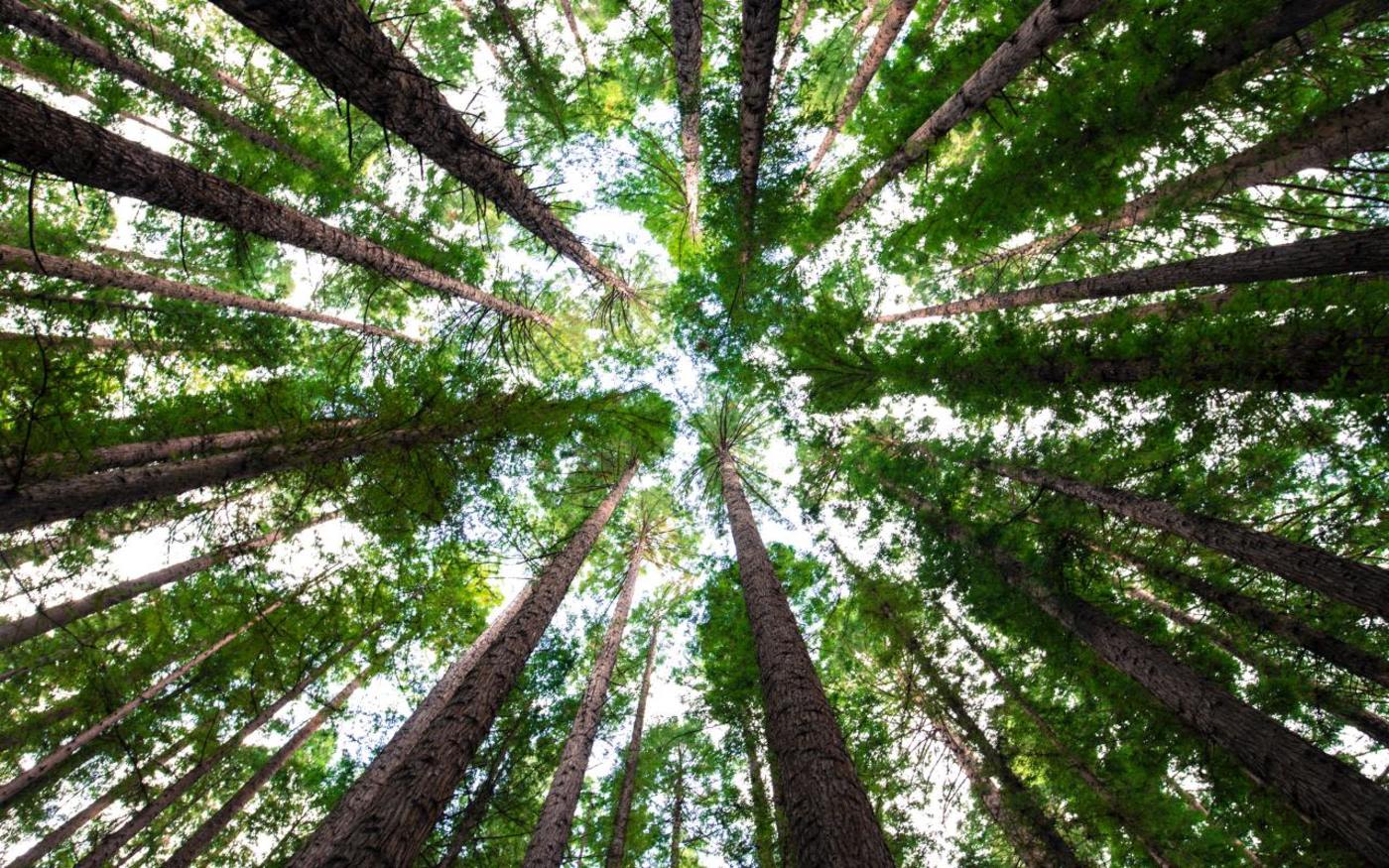Five of the world’s greenest start-ups
Sustainability focused start-ups from all over the world have been submitting their most innovative business plans into the Postcode Lottery’s annual Green Challenge – and this week, the five incredible finalists for 2019 have been selected.
The Green Challenge is one of the world's largest competitions in the field of sustainable entrepreneurship. Since 2007 the competition has supported mind-blowing entrepreneurs – each one working to build a fairer, greener world.
From stopping plastic pollution, to reducing food waste, to reducing CO2 emissions – each solution has been designed to fight the climate crisis and each will be ready to launch upon receiving one final injection of support and funding.
Richard Branson has been involved in the competition since the beginning and has continuously encouraged all entrepreneurs with a great green idea to enter.
According to Richard, “One smart, creative idea can make a huge difference." – And coming from the man behind the Virgin Group, who are we to argue?
The five start-ups heading to the final of this year’s challenge are:
Desolenator
A solar panel normally only has about 15 per cent efficiency in converting solar radiation into electricity – the rest of the energy input is released as heat and is wasted. Louise Bleach and her team from Great Britain have developed Desolenator – a technology that uses the residual heat from solar panels to heat polluted or salt water. The condensation from the distilled water vapor is then collected, creating drinking water.
Swedish Algae Factory
In dark and cold seas, diatoms (single-celled algae) grow. Diatom material is naturally designed to absorb light efficiently and when managed differently can be used to make solar panels more efficient. The material also has a moisturising and cleansing effect, so that it can also be used as a natural ingredient for care products. Sofie Allert is the CEO and founder of Swedish Algae Factory: the only company in the world that grows these algae on a large scale.
TEXEL Energy Storage
To be able to further expand the market for wind and solar energy and thus further reduce the use of fossil fuels and CO2 emissions within the energy market, a cost-effective battery is required. Lars Jacobsson is CEO and founder of the Swedish TEXEL Energy Storage. The TEXEL battery developed by TEXEL Energy Storage contains no rare or heavy metals, is 100 per cent recyclable and is up to 90 per cent cheaper than other technologies for storing wind and solar energy.
Field Factors
Fresh water is one of the most important raw materials on earth, and yet most is sadly wasted. To combat this, Karina Peña, CEO Netherlands-based of Field Factors, has developed Bluebloqs – a circular system for sustainable rainwater management in the city. Field Factors’ mission is to use rainwater in a useful way, with nature as the starting point.
nuventura
A gas-insulated switch installation (GIS) is an essential part of every electricity grid. These existing switching installations use SF6, a greenhouse gas 23,500 times stronger and therefore more harmful than CO2.
Fabian Lemke, co-founder and managing director of the German start-up nuventura, has set himself the goal, together with his team, of replacing these switching installations and eliminating the powerful greenhouse gas SF6. They developed a new switch that simply works on air and is free from SF6. With nuventura, they are committed to an efficient and sustainable global energy sector.
The five finalists pitch their start-up to an international jury on October 3rd during the final in Amsterdam. With their place in the final, the five finalists are guaranteed to win at least €100,000 each. The runner-up will win €200,000 and the winner will go home with the grand prize of €500,000.


